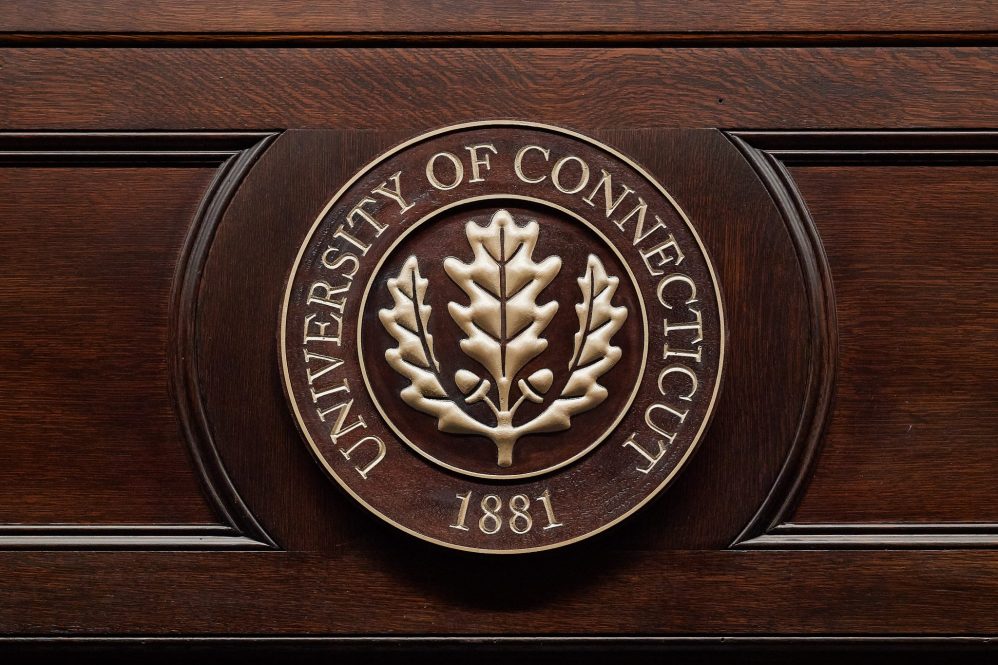Q: What is the state doing?
A: The state is retaining the services of a healthcare consulting advisor to perform a study of Connecticut’s healthcare market.
Q: What is the goal?
A: The goal of the engagement is the development of a market assessment that can help to inform a strategic planning process for the future of UConn Health’s clinical enterprise. Both the state and UConn are seeking to help ensure that UConn Health can continue to provide the highest quality care and fulfill its academic and research missions, while also achieving greater fiscal independence over the long term.
Q: Why now?
A: The healthcare industry is constantly evolving. It is important to periodically undertake a holistic assessment of how our public health system is operating in the rapidly changing marketplace to safeguard and promote UConn Health’s continued vitality. UConn Health has seen remarkable growth on a positive trajectory. UConn Health needs to ensure its continued sustainability.
Q: What does “remarkable growth on a positive trajectory” refer to specifically?
A: Our clinical revenues are expected to reach $895 million in FY24, which is an approximately 240% increase since FY14. We have also implemented extensive cost savings and strategic growth initiatives of more than $121 million over the last six years.
Q: What’s the name of the consulting firm?
A: The contract has not yet been finalized (as of 12/6/23)
Q: Who or what is overseeing it?
A: The state is engaging the consultant directly, however, a multi-agency and multi-disciplinary team has been assembled to work with the consultant that includes UConn Health representation.
Q: How long will this take?
A: The initial phase of the project will require approximately two months of work from the time the investment advisor contract is executed.
Q: What happens when it’s finished?
A: Once the assessment concludes, next steps, if any, will be determined with input from and collaboration with all stakeholders. As Dr. Liang noted, there are no guaranteed outcomes following an analysis such as this one.
Q: How will faculty, staff, and students be impacted by this analysis on a day-to-day basis?
A: They will not be.
Q: Will you share the results?
A: We expect that the results of the study will be shared once it is complete, but because the state is engaging the consultant directly, it will be up to it to determine how and when that will happen.
Read more in Gov. Lamont and President Maric’s Dec. 6, 2023 released announcement.
Background:
UConn Health is the state’s only public academic medical center and is a $1.5 billion enterprise with a tripartite mission of providing medical, dental, and biomedical graduate school education, biomedical research and innovation, and clinical care to the state’s residents. It is the largest source of medical and dental professionals in the state and contributes $3.1 billion each year to the state in economic impact.
State operating support to UConn Health for FY24 is $202.6 million, or 13.3% of its total revenues. Of this support from the state, $70 million is allocated to the clinical enterprise, or 7% of total clinical revenues (clinical revenues are expected to reach $895 million in FY24, which is an approximately 240% increase since FY14). UConn Health has implemented extensive cost savings and strategic growth initiatives totaling more than $121 million over the last six years.
UConn Health is the state’s safety net hospital and healthcare system, providing timely access for under-served populations (nearly 1 in 4 of our patients are Medicaid recipients) who depend on us for treatments for both inpatient and outpatient services that are provided at levels not supported by most other private entities. The services include specialty surgery (spine, orthopedic surgery, neurosurgery, cardiac and vascular surgery), sickle cell disease, childbirth and mental health services. The Dental School remains the single largest provider of dental care to the uninsured and underinsured in the state.



